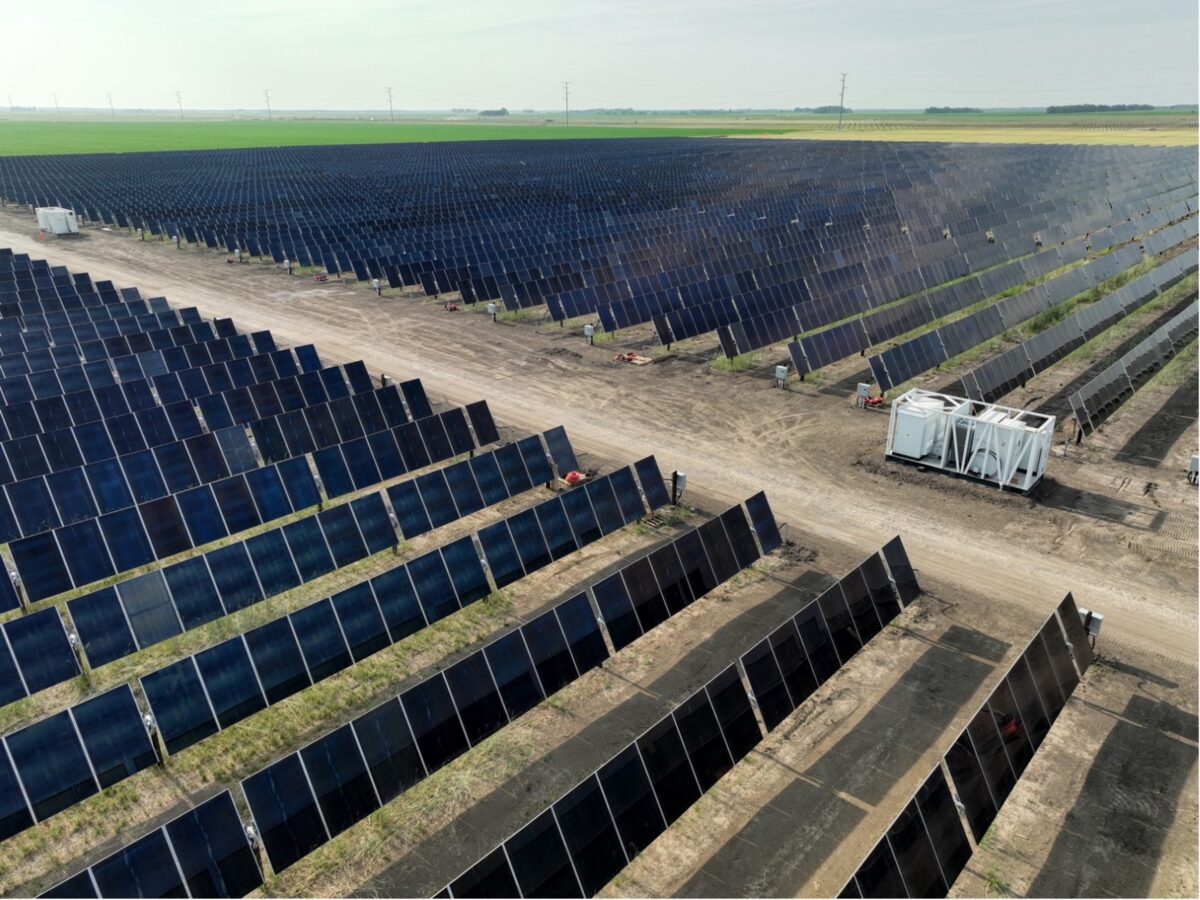 (Courtesy: Swift Current Energy)
(Courtesy: Swift Current Energy)The U.S. Department of Energy (DOE) announced that applications can now be submitted for a $10 million funding and technical assistance program to expand state and local government capacity to support the planning, siting, and permitting of large-scale renewable energy projects on private land.
This opportunity is part of DOE’s new Renewable Energy Siting through Technical Engagement and Planning (R-STEP) program and will support the creation of new, or the expansion of existing, state-based programs or initiatives that improve renewable energy siting processes at the state and local levels.
“When state and local governments have the resources to plan for renewable energy development and engage community members in permitting decisions, it leads to better outcomes for local economies, the environment, and renewable energy developers,” said Alejandro Moreno, associate principal deputy assistant secretary for energy efficiency and renewable energy. “R-STEP awardees will be better able to help their local communities address renewable energy siting and planning issues, leading to a more durable and equitable clean energy future.”
DOE anticipates awarding approximately five to seven state-based collaboratives up to $2 million each to establish or expand their programs or initiatives. Collaboratives will also receive tailored technical assistance and peer-learning opportunities.
Examples of activities conducted with awarded funds could include:
Engaging communities, local and tribal governments, and other stakeholders to identify priorities and resource needs for renewable energy planning, siting, and permitting.
Establishing a state-specific technical assistance hub that responds to questions and requests from local governments and/or tribes regarding siting and proactive planning for future deployment of large-scale renewable energy projects.
Conducting trainings and workshops with local governments and tribes to improve technical understanding of renewable energy planning and/or siting.
Hiring or subcontracting to expand technical capacity on siting processes, renewable energy technologies, community engagement planning and execution, and community plan development.
Developing state-specific resources to support community planning for renewable energy and implementation of siting best practices.
Collaboratives should include organizations familiar with the needs of local communities within the state, organizations with experience providing educational or technical assistance services to local communities, and organizations with expertise in renewable energy siting topics.
To facilitate the formation of teams, R-STEP is providing a forum where interested parties can add themselves to a Teaming Partner List, which includes contact information for interested organizations to connect.